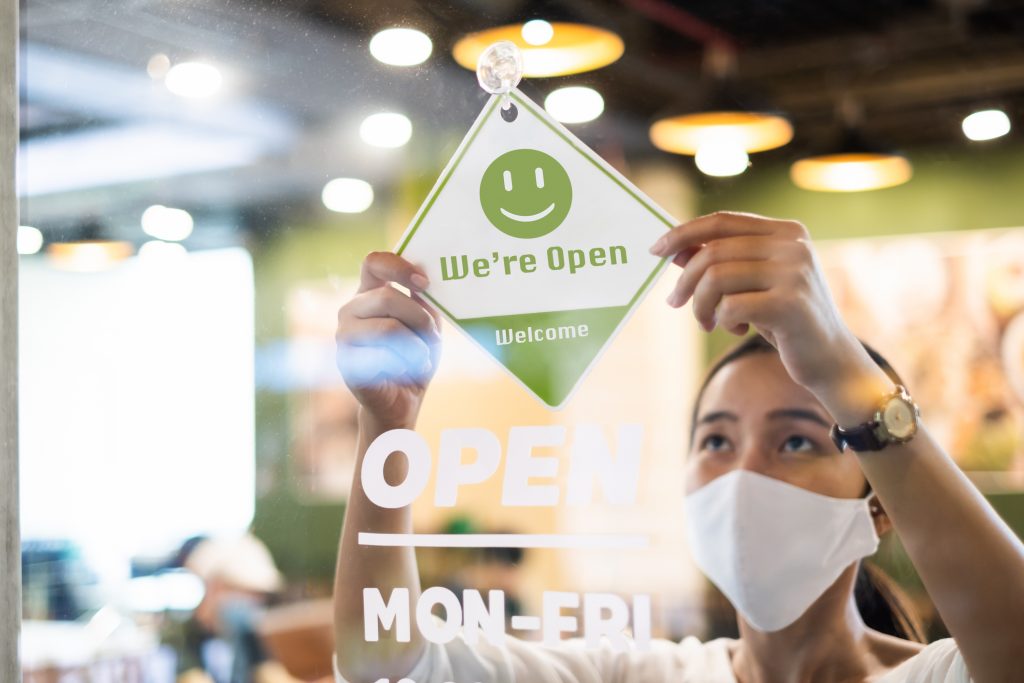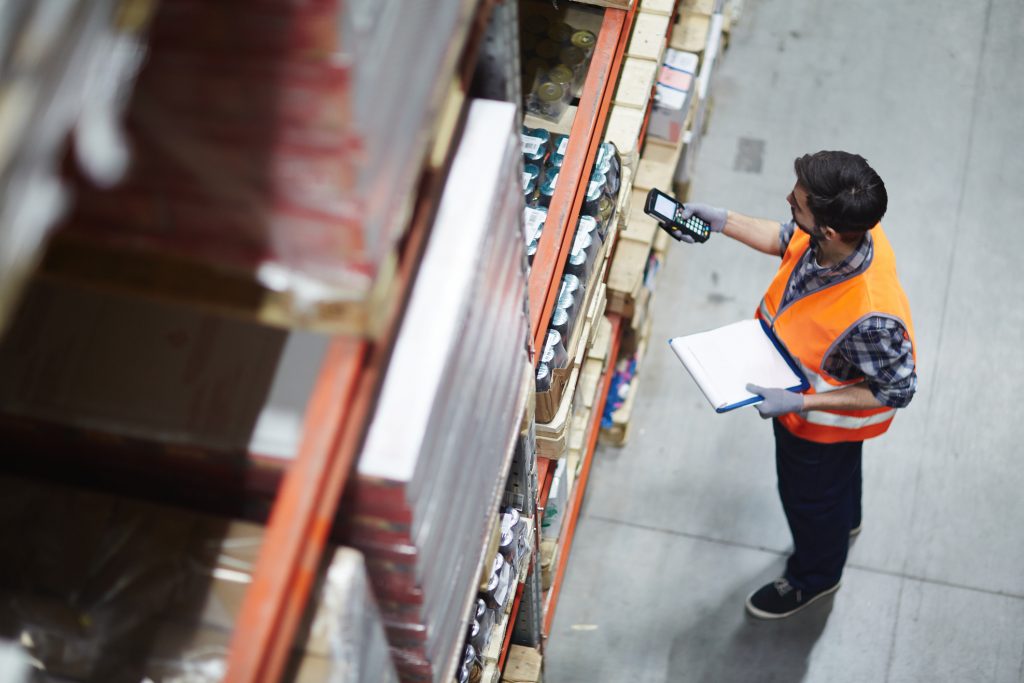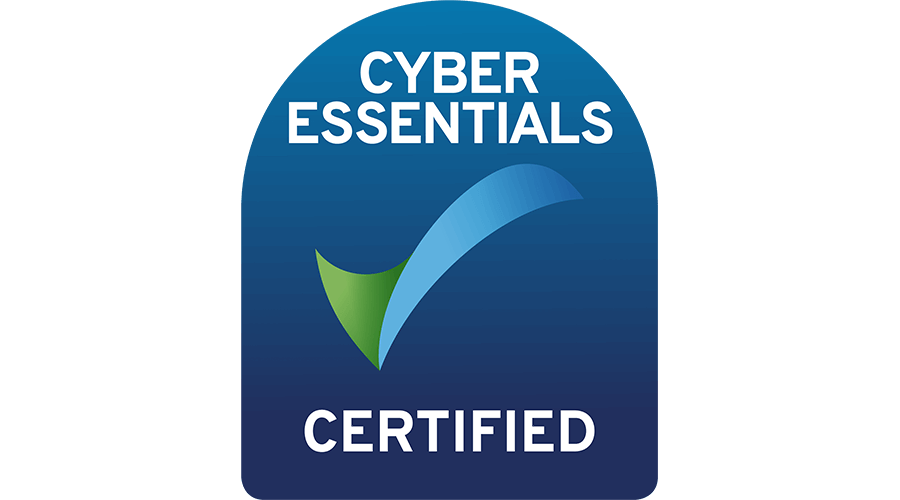As the COVID-19 pandemic continues to impact people and businesses worldwide, it’s time to look ahead to rebuilding into a new, post-COVID world. There is a lot to do to mitigate the impact that the pandemic has had. Scientists say that we will never get rid of COVID and that it is something we will all just have to learn to live with. But as life gets back to normal, businesses that struggled to stay afloat now need to turn to transforming their business operations if they want any hope of rebuilding back stronger.

One uncertainty people have is that no one knows how long the recovery will take. Still, it’s clear that businesses need to be working with the information they have and using the lessons they have learnt over the last year to make themselves stronger and more resilient.
Digital Transformation
Many businesses have become extremely reliant on digital technologies to get them through the pandemic. Workforces flocked to remote working, and this adaptability has been crucial to many companies managing to ride the storm of COVID-19. While the move towards digital working has been on the horizon for a long time, the pandemic has accelerated this pace of change and now it could become a new way of working in the future.
The technology for digital revolution is not new, but rather more businesses have now used it to its full potential. Any barriers to implementing the technology had to be forgotten during lockdown, and many companies have now discovered the benefits and seen immediate results.
Even business models thought to only work in-person, such as real-estate house viewings, have been done virtually. Consumer habits have also changed, with more consumers buying online than ever before. Even as things get ‘back to normal’, the digital transformation of business is here to stay.
As digital working increases, the demands on your wireless network will increase. You can ensure your Wi-Fi is up to the challenge of coping with emerging digital technologies with GSM’s Wi-Fi and mobility experts. We can run a wireless site survey to maximise your wireless infrastructure.
Resilient Business Model
Not all businesses were affected by the pandemic in the same way. Online retailers like Amazon did very well during lockdown, seeing a significant boost in their sales as consumers could no longer visit shops in person to buy what they needed. In contrast, the hospitality industry suffered huge losses after travelling was prohibited, with many hotels, airlines and cruise ships losing virtually all their business overnight.
Businesses can increase their resilience by increasing their inclusiveness, offering an enhanced business transaction, moving away from a standalone model of independent transactions to integrated offerings with recurring transactions. The more a business can offer, the bigger the ecosystem around its customers. Perks like free shipping encourage consumers not to switch vendors, and subscription-based monetisation models increase the likelihood that customers will continue a relationship with a business, leading to a chain of transactions.
Digital platforms, with their inclusive models, have seen more significant profits during the pandemic, with click and collect programmes helping smaller retailers increase their inclusiveness and reap the benefits during a time of great turmoil. You can optimise your company’s ability to offer more with an effective and comprehensive stock control software, eliminating excess stock and releasing capital to benefit the bottom line.

Maximise Worker Potential
There are many things that COVID has brought to light, one of which is how businesses respond to their workers’ wellbeing. As well as being their duty of care, looking after employees is a smart business move. By actively engaging with the workforce to understand and react to their expectations of care, employers can expect rewards of worker loyalty and a stronger workforce working together to drive a stronger recovery. No matter how strong a company’s vision, it will not be achieved if it cannot inspire trust in its workforce.
Improve Forecasting
Companies that manage to implement effective forecasting and scenario planning strategies will do better as we head into this new, post-pandemic world. The future is uncertain, and prior forecasting methods based primarily on consumer demands are now no longer enough. Companies need forecasting methods that plan for both near-term operations and long-term capital allocation.
As the pandemic progresses, companies will need to respond to the spread of the virus, looking at testing and tracking protocols and eventual recovery and a return to normal. But no one knows how long these phases will take, or if we could take steps backwards in the drive towards recovery, going back into lockdown or closing borders once again. Companies need to look at their data and take steps to enhance their forecasting processes to test for scenarios that could arise in the coming years. Our asset tracking systems can be a useful tool for gathering data for future forecasting.
Automation and Mobile Technology
Automation has been a long time coming, especially in the manufacturing industry and the supply chain. The pandemic has only increased automation, AI adoption and other contactless technologies that reduce the number of human workers needed in the workplace.
Aside from reducing contact and helping to minimise virus outbreaks in the workplace, automation can make workflows more intelligent, streamline processes, and save on costs in the long run. Mobility is also an important factor, helping to reduce the number of workers tethered to specific machines, freeing them up to complete work on the go and reduce their contact with other workers.

At GSM, our Honeywell mobile scanners have social distance proximity detectors built-in, giving workers alerts if they come too close to another user, allowing employees to adjust their workflows safely.
If you would like to learn more about any of our barcode label printing or Sage stock management that can help your business rebuild after COVID, do not hesitate to contact us today.


















